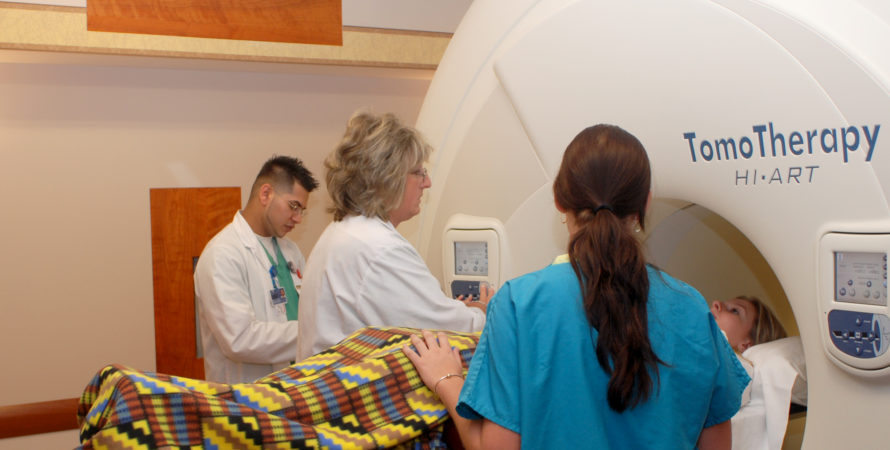In the U.S., medical spending on cancer is the biggest among all diseases, and a group of innovative drugs using new mechanisms of action for patients with a wide variety of cancer types are likely to expand cancer-related spending further. New treatments are expected to replace older ones, and a few of them, including immunotherapy, have the promise of extending lives and improving survival rates drastically.
However, there are considerable challenges for payers and patients in exploring the expanding options of cancer treatment, including affordability as well as cost and benefit analysis.
The need for personalized medicines and funding to research novel cancer drugs is on the rise. There have been many incidences of success regarding cancer research, but the concentration of research on cancer is creating challenges in terms of prioritization and funding.
Based on the recent report from the IMS Institute for Healthcare Informatics, total global spending on cancer and supportive care medicines reached the $100-billion threshold globally in 2014, despite their share of total pharmaceutical spending increased only modestly.
Oncology drug spending has risen somewhat as a percentage of total drug expenditure in the course of recent years in all regions of the globe. Nonetheless, the increase is most striking in the five European Union countries (France, Germany, Italy, Spain, and the United Kingdom), where oncology currently accounts for 14.7% of all drug spending, an increase from 13.3% in 2010.
Affordability of some cancer drugs has become an issue for payers and patients alike in the U.S., for example. Concerns about affordability are reflected in the opinion of some leading clinicians, who are now calling for oncologists to consider costs when making treatment decisions. As cancer treatment costs keep rising, taking into consideration of patients’ financial resources has become a very important factor in determining the treatment plans.
In spite of the fact that survival rates and the prognosis for cancer patients continue to improve because of the enhanced efficacy of new medicines and earlier diagnoses, cancer is still hard to treat. For instance, cancer remains stubbornly resistant to therapies that use a single mechanism of action. Moreover, from a clinician’s perspective, cancer management requires a “team approach” in relation to drugs, radiotherapy, and surgical options that are being used. Throughout the next 5 years, we can expect acceleration in the number of combination regimens being deployed for the treatment of cancer.
As healthcare funding approaches a zero-sum game, we should consider health issues such as prioritizing some disease treatments over others.





Genomics Research Trends to Watch